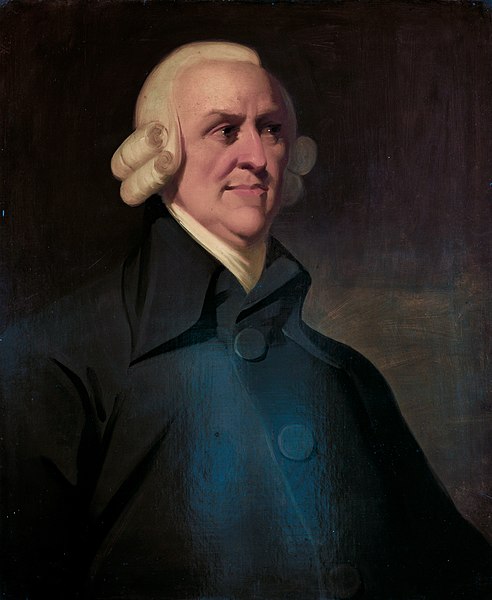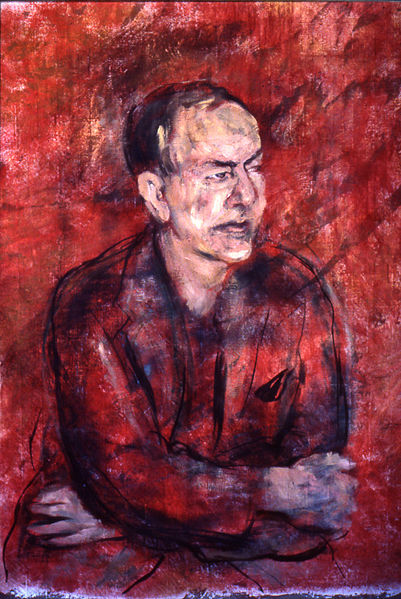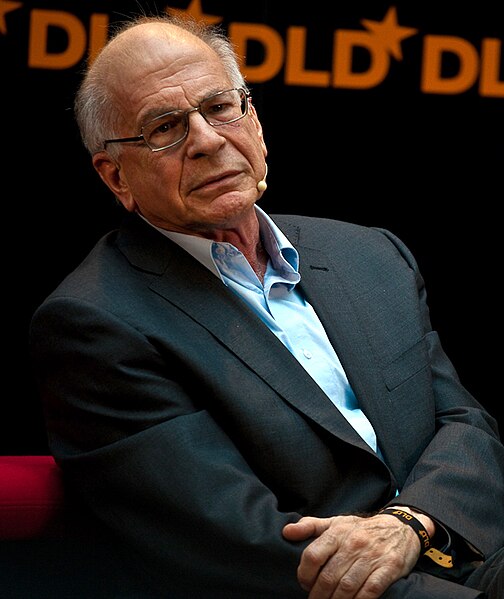Infinite photos and videos for every Wiki article ·
Find something interesting to watch in seconds
Celebrities
Richest US Counties
Wars and Battles
Famous Castles
Countries of the World
Presidents
Best Campuses
Kings of France
Ancient Marvels
Sports
Animals
Great Cities
Tallest Buildings
Supercars
Largest Palaces
Rare Coins
Great Museums
World Banknotes
History by Country
Orders and Medals
Recovered Treasures
Great Artists
British Monarchs
Wonders of Nature
Crown Jewels
Largest Empires
more top lists




